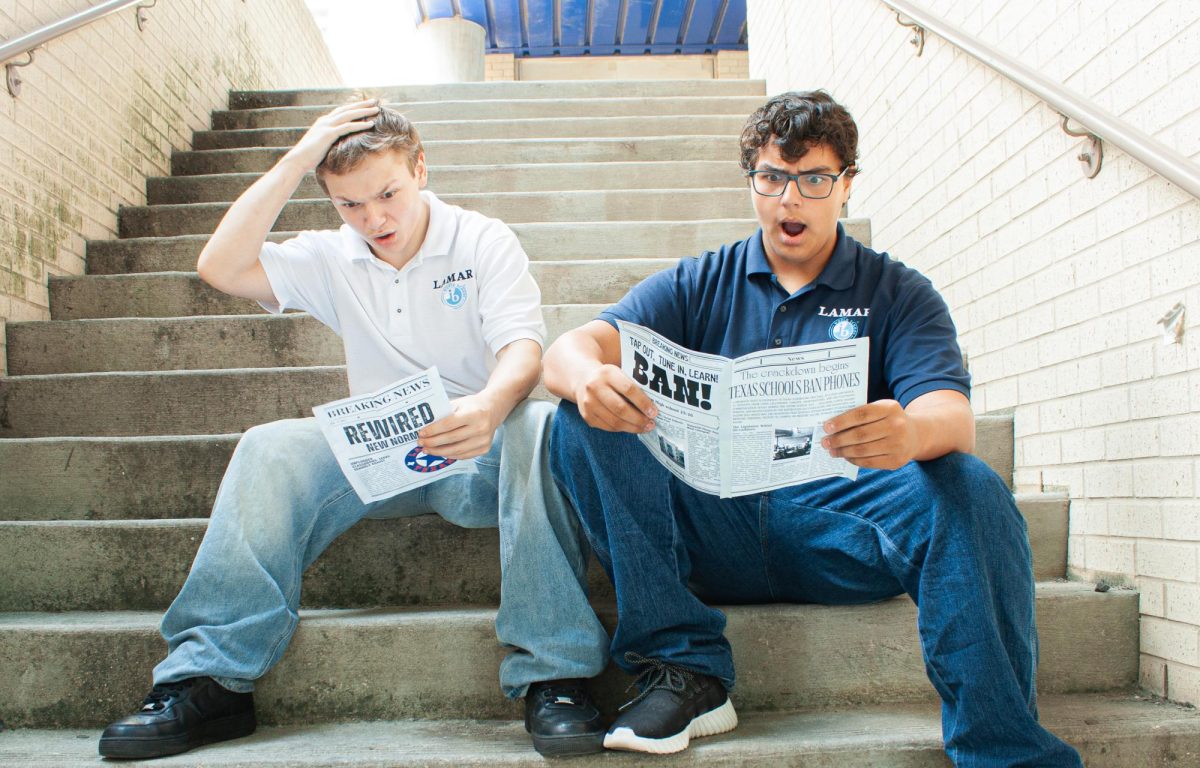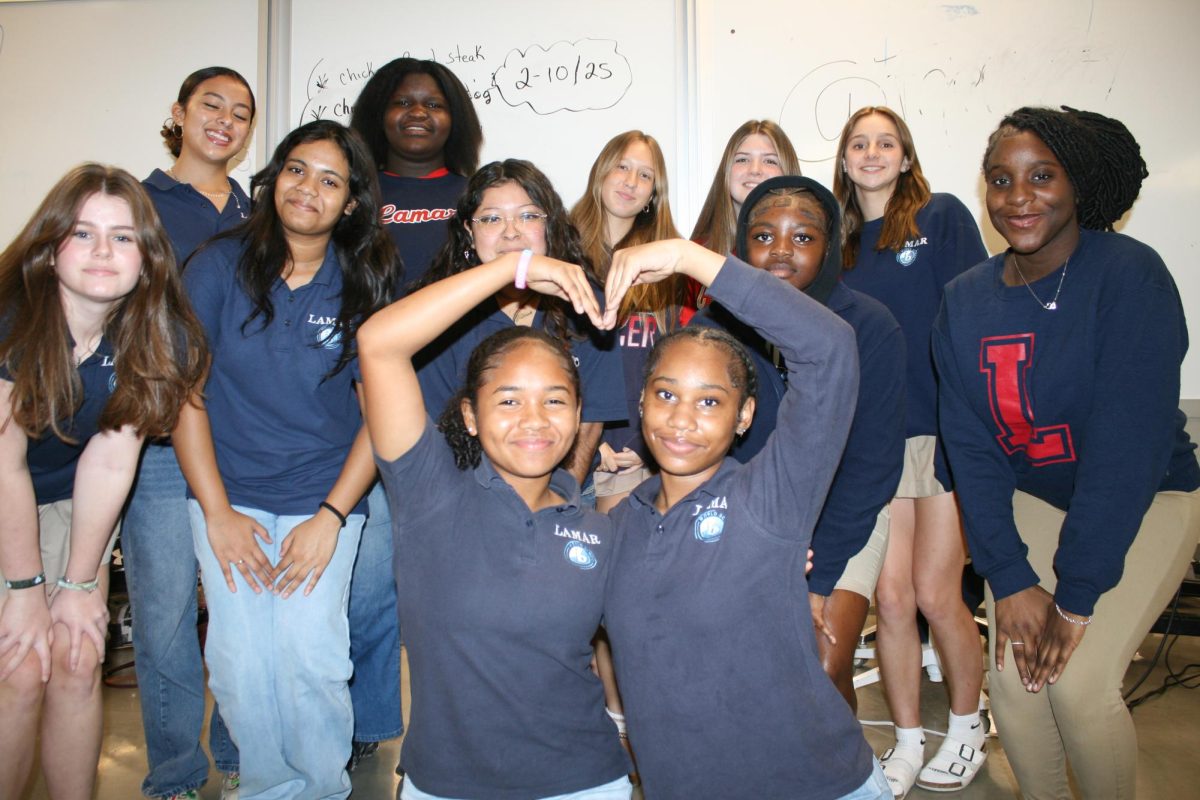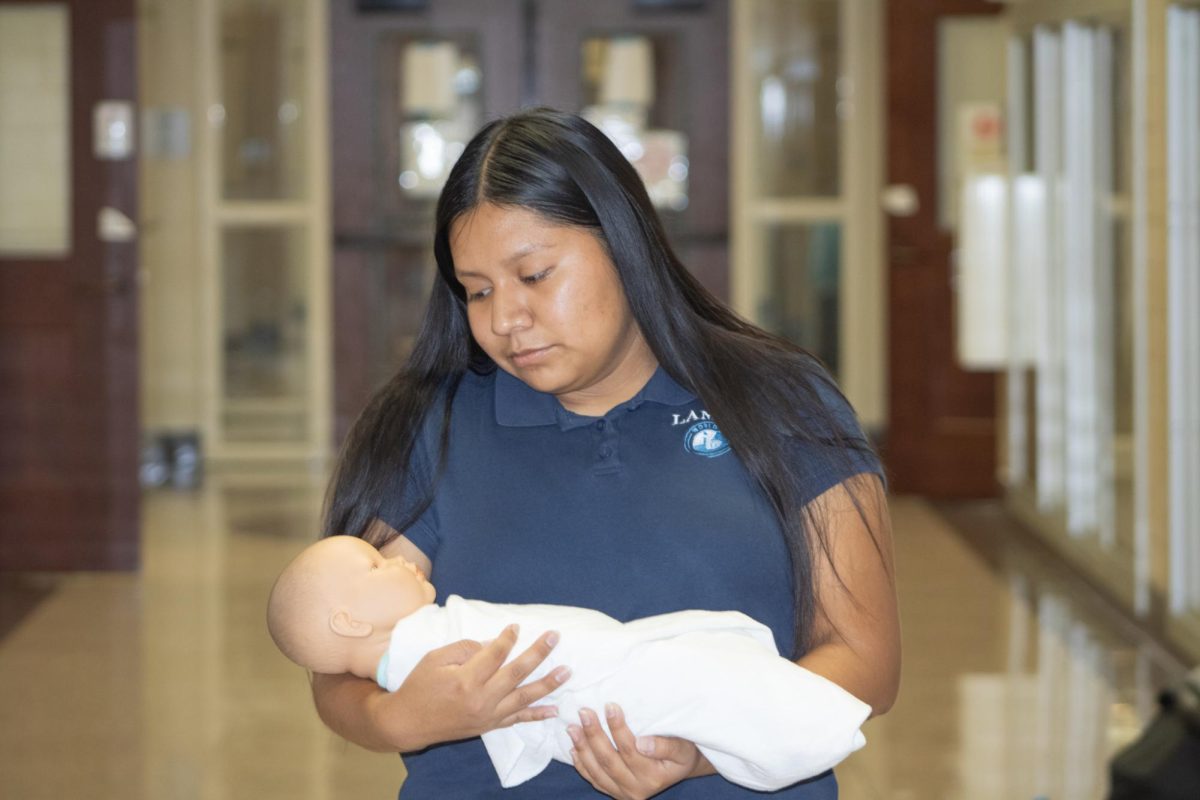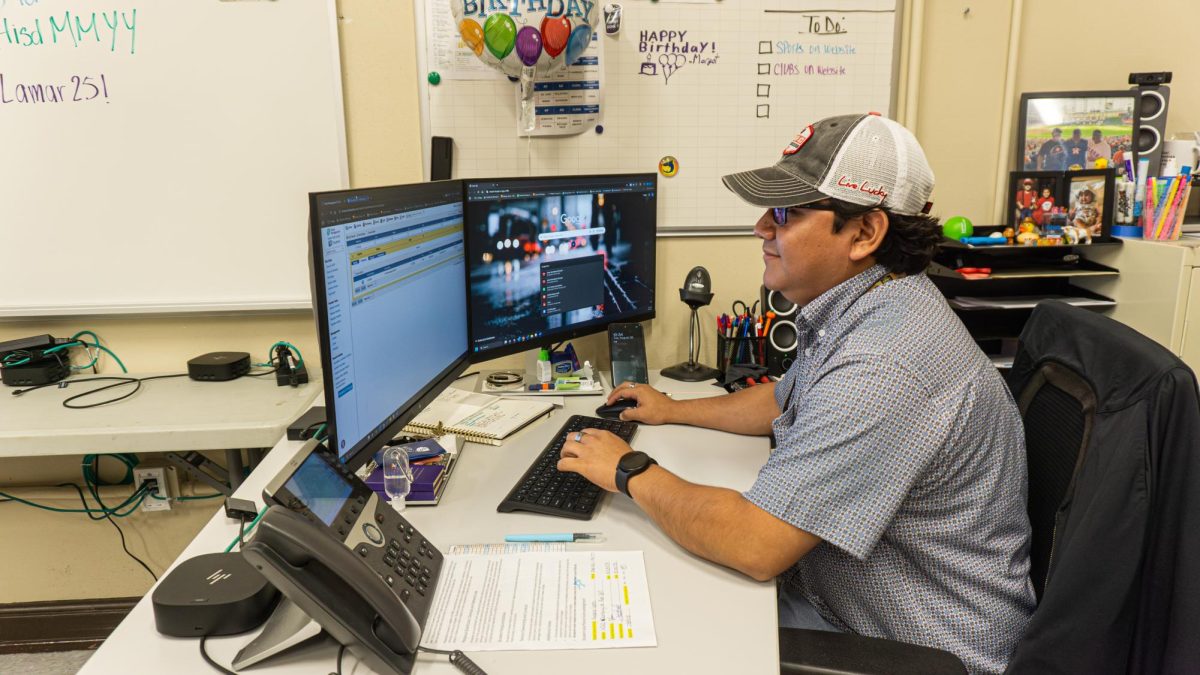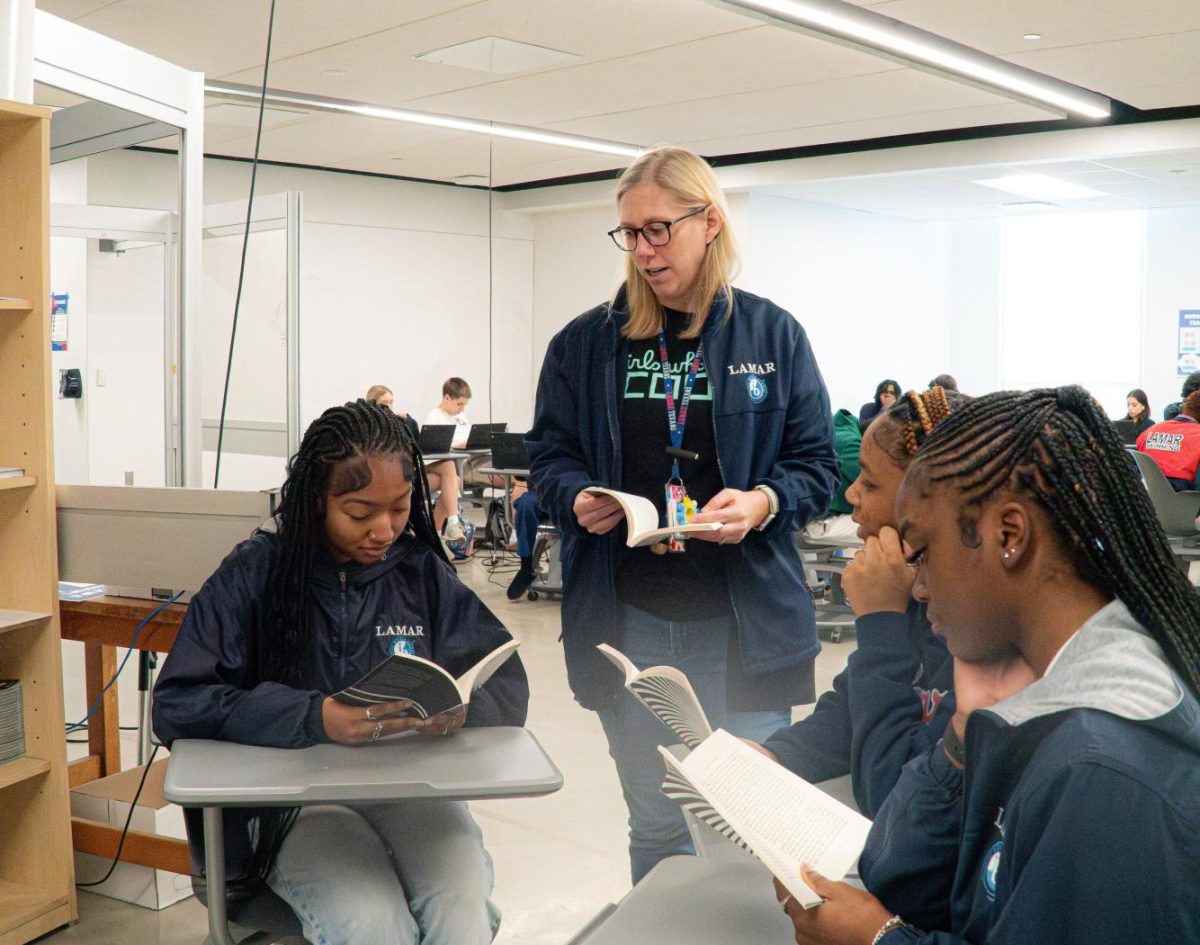Senior year should feel exciting—like a thrill you can’t escape. It’s the last year kids can truly be kids before stepping into the “real world” filled with big decisions and even bigger responsibilities. But for many Gen Z students across the country, senior year feels less like a celebration and more like a storm cloud ready to burst. “It’s hard to enjoy the moment when you’re already worried about how you’re going to afford college or find a job,” senior Camron Baker expressed. Many teens share the same sentiment. Instead of soaking up senior year, they’re stuck stressing about tuition, bills, and a world where the jobs they want might not exist in a few years.
The crushing weight of debt
Everyone says a degree is the key to an exceptional job—and they’re not wrong. Nearly three out of four jobs today require some type of degree or specialized training, especially in growing fields, such as healthcare, education, and technology.
However, the drawback is that the price of that degree has never been higher. Tuition has climbed for years, and students graduating from a four-year public university in 2025 now carry an average of $32,000 in debt. That kind of financial burden has led many students to question whether college is even worth it.
“Big careers like doctors and lawyers obviously need higher education,” senior Jalyssa Hernandez argued, “But I don’t think it’s worth it for smaller careers like artists to pay all that money and leave with so much debt. It’s best to just join your career field and work your way up.”
Some students are taking a different approach, starting at community colleges or entering trade programs. It’s not about avoiding education. It’s about finding a plan that doesn’t leave them paying loans for decades.
The fast money dream
For others, the path isn’t college at all. Influencing has exploded in popularity, and more than half of young people, 57% to be exact, say they’d like to build careers online. For some, it’s about creativity or finding a community online. However, for others the dream is simple: earn money, skip the debt, and enjoy life without waiting years to “make it.”
“I’d love to be an influencer so I can live comfortably and not have to worry about school essays or paying loans,” Baker admitted
But even students admit that influencing isn’t a permanent solution. Both Hernandez and junior Alyssa Sandoval point out that while content creation can be exciting, it’s unstable and unpredictable. Experts agree—for every influencer who makes it big, thousands never get past the starting line.
For many students, though, the appeal is hard to resist. In a world where everything costs more and paychecks feel smaller, the promise of fast money is tempting, even if it’s a gamble.
The price tag of life
Becoming an adult is often romanticized by young teenagers; however, when they finally reach the age of 18, the grim reality settles in: life is expensive.
“The costs of basic necessities like gas, milk, and eggs have skyrocketed, which is crazy,” Sandoval complained.
Studies show that the price of basics is up about 26% since 2019, yet wages can’t keep up. That’s why so many young adults in their 20s (and even 30s) are still living at home. It’s not about laziness; it’s about math. Paying $1,500 a month for a tiny apartment on a minimum-wage paycheck leaves nothing for savings, emergencies, or self-care.
For college students, it’s even worse. Alongside tuition, there are groceries, textbooks, housing and much more to cover. Students with jobs say the balancing act is exhausting, while those without often have to rely on loans upon loans.
“The American dream feels out of reach now. Buying a house or building a stable life isn’t as simple as it was for past generations. It takes years just to get there,” Hernandez remarked.
AI takes over the world
The conversation topic of AI comes up substantially in this day and age. Although AI isn’t new, tools such as ChatGPT are newer. While AI can be a powerful tool by helping students brainstorm essay ideas, organize notes, and study, people are too codependent on it.
Researchers at MIT found that students who lean too heavily on AI retain less information and think less critically, “which will likely plummet our literacy rates,” Hernandez commented.
Additionally, businesses are automating more tasks, which often means fewer entry-level jobs for young workers. “From a business owner’s standpoint, AI is great because it can do tasks for them and they don’t have to pay labor costs,” Sandoval pointed out, “But for workers, it can take away from their careers and their skills.” Those fears are already becoming reality. According to Challenger, Gray & Christmas’ 2025 report, rising adoption of generative AI technology by private employers accounted for more than 10,000 job cuts. Faced with these realities, it’s easy to see why Gen Z feels so uncertain—and even hopeless—about what comes next.
Life for Gen Z in 2025 isn’t easy. Between rising college costs, sky-high rent, and the pressure of an AI-driven world, it can feel like the odds are stacked against them. The road ahead is uncertain, and for many, even discouraging. Still, there are reasons not to give up entirely. From affordable education options to new job paths emerging in tech and beyond, this generation has access to tools and information that earlier ones didn’t. The future may not be guaranteed, but it isn’t without possibility. “There’s always a light at the end of the tunnel. It may take weeks, months, or even years, but eventually you’ll get there,” Baker encouraged.

